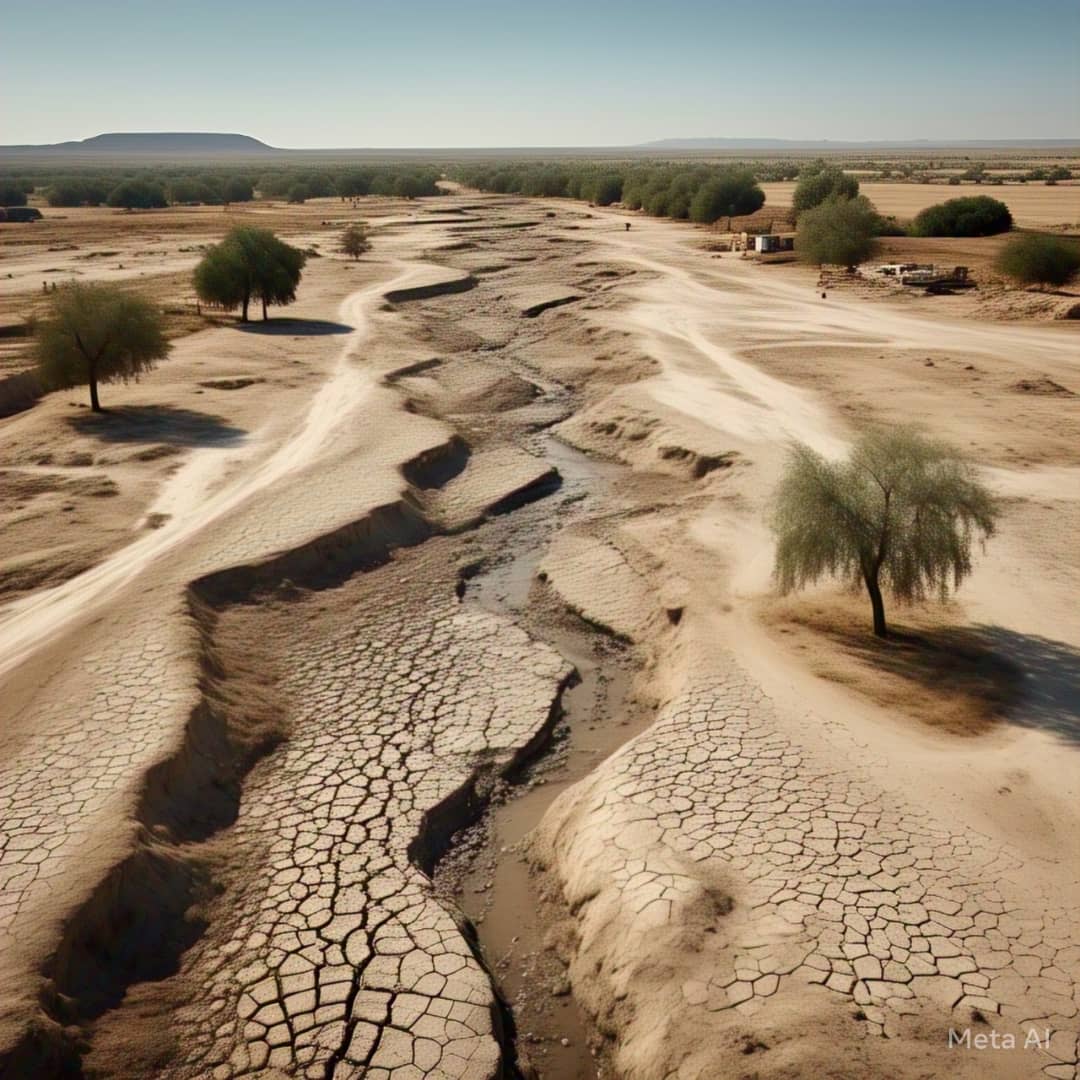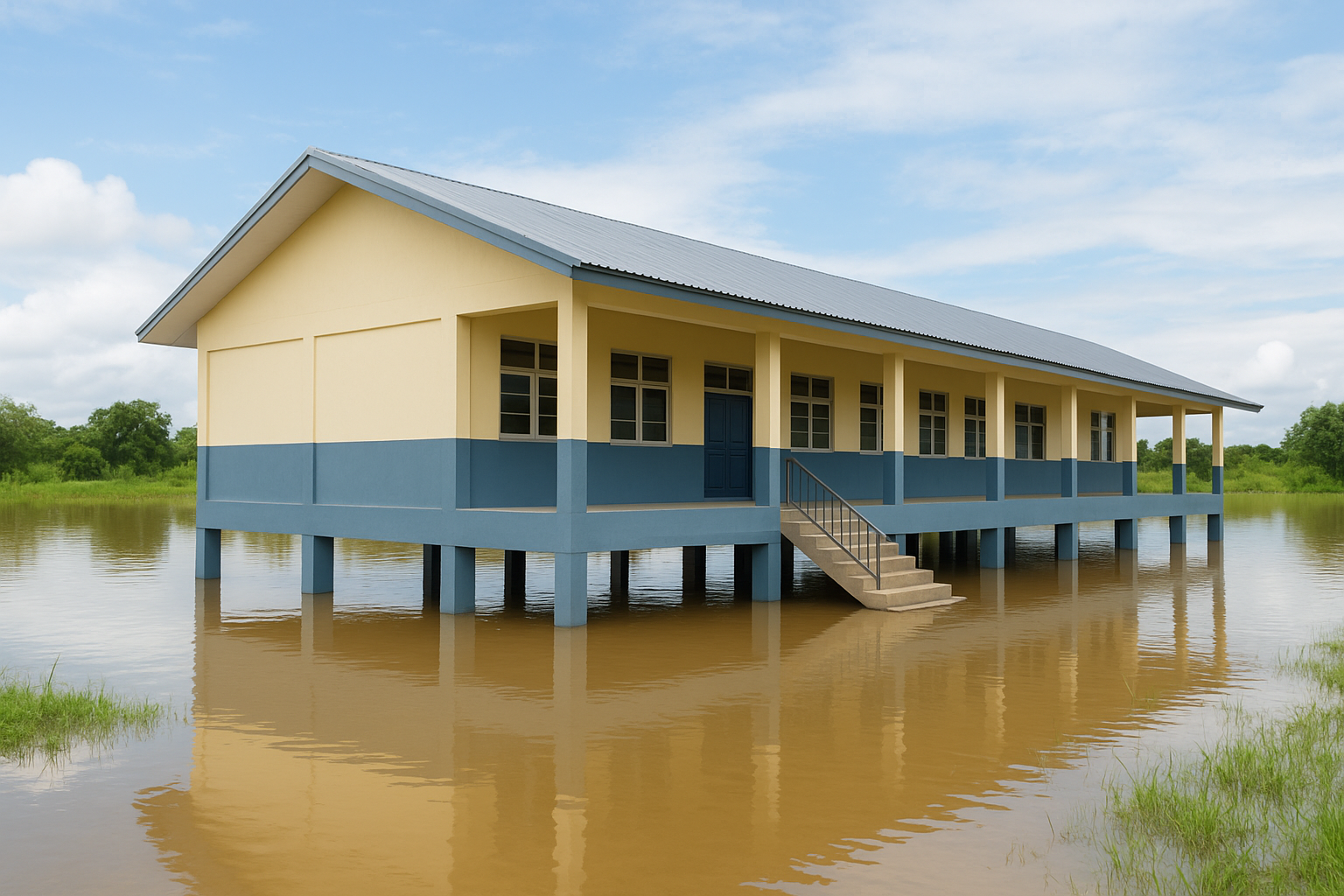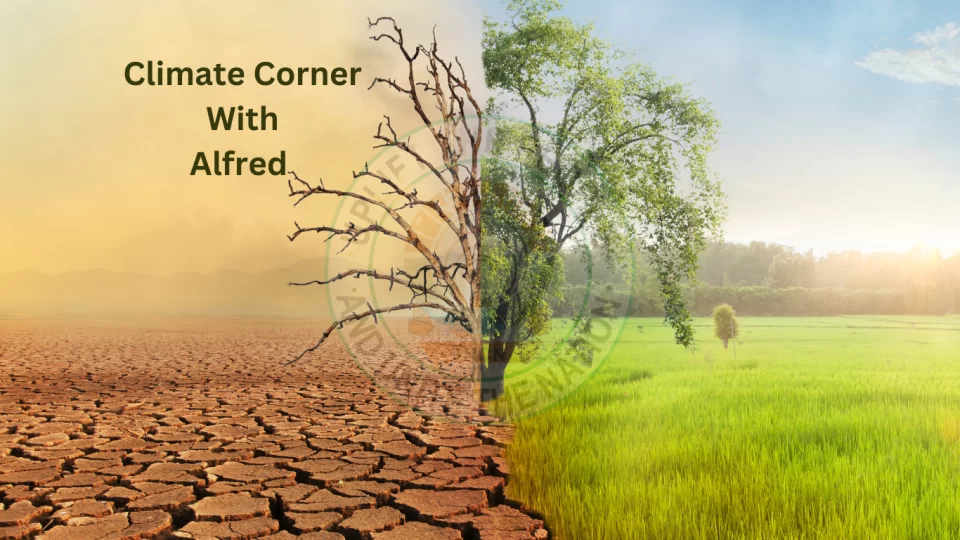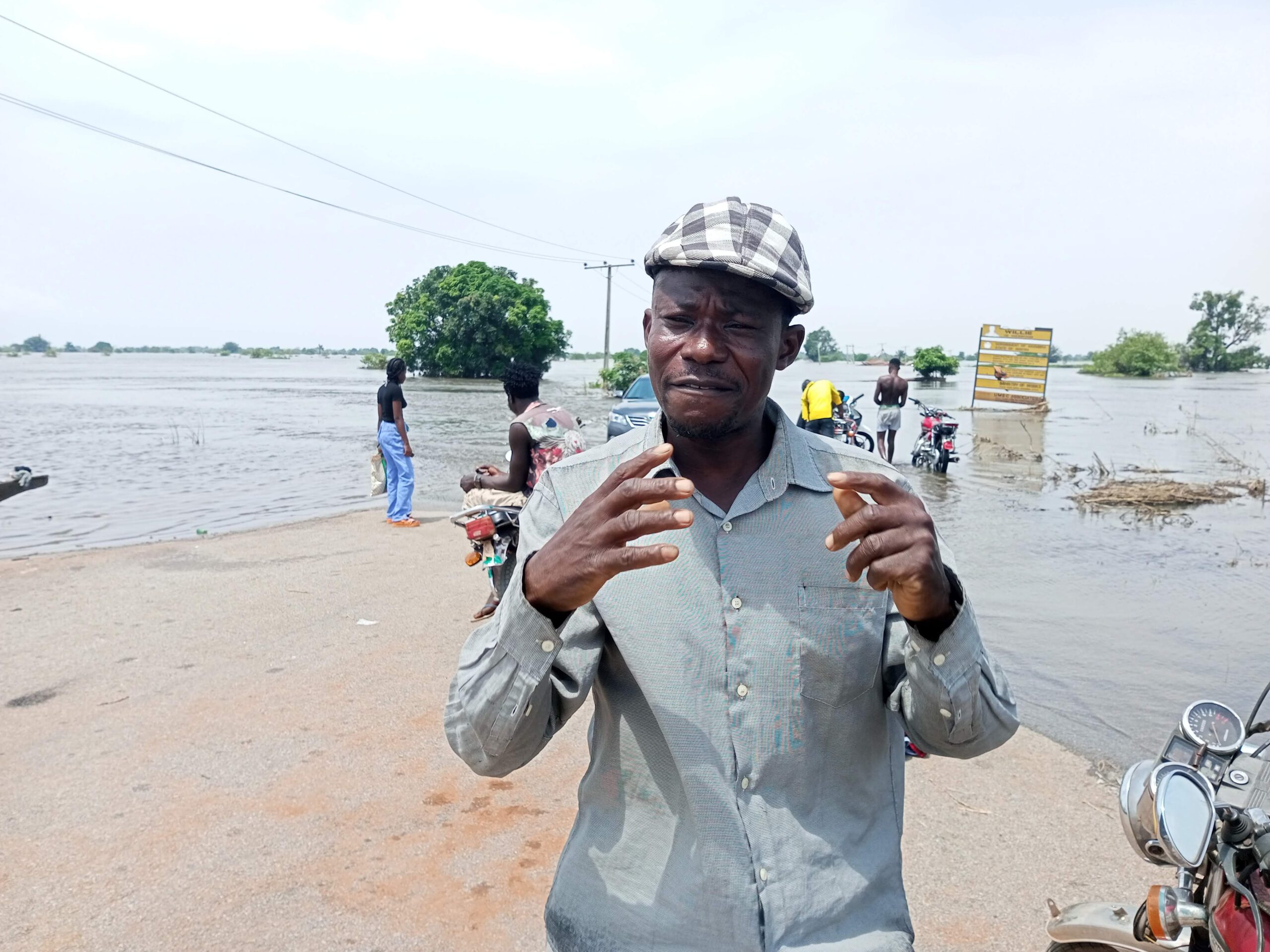By Alfred Ajayi
For most journalists, the climate crisis feels like a distant threat which doesn’t require their time and attention. While a few had incorporated climate reporting into the professional calling, not everyone of them realize that climate change equally threatens them in many ways.
Beyond being an environmental issue, climate change is a journalistic challenge that demands urgency, accuracy, and resilience.
As the planet heats up, journalism faces profound disruptions, from physical threats to reporters to ethical dilemmas in covering climate misinformation.
Media professionals must recognize these challenges and adapt to ensure responsible, impactful reporting.
One of the threats is the rising physical risks for journalists, who are often drafted to cover extreme weather events such as wildfires, hurricanes, and floods, which are becoming more frequent and intense, putting journalists directly in harm’s way.
Field reporters covering these disasters face life-threatening conditions, logistical nightmares and psychological distress. This is making the safety protocols for war correspondents a compelling essential for climate reporters.
Also, journalists face increasing battle against climate misinformation as the fossil fuel industry, political actors, and online trolls consistently distort climate science. Journalists need to be more vigilant than ever in fact-checking and holding power accountable. They now confront the dual challenge of reporting the facts and ensuring they are heard above the noise of denial and delay.
The growing economic pressures and shrinking newsrooms is also a challenge as most media outlets especially in Nigeria are struggling to keep their heads about the water financially.
This reality relegates climate reporting to the backseat as they prioritize the “clickable” news. Truth be told – without dedicated climate desks, the depth and consistency of coverage suffer. There must be continuous advocacy for sustained investment in environmental reporting to ensure the public understands the stakes.
Another challenge to climate journalism is the moral dilemma – Objectivity vs. Advocacy. Are journalists expected to simply report on the climate crisis, or should they actively push for action? How do they comply with the neutrality obligation imposed by traditional journalistic norms in the face of existential threats? Media professionals must grapple with their role not as activists, but as truth-tellers who refuse to downplay urgency.
The psychological impact of regular exposure to climate-related disasters can lead to “climate trauma” for journalists. Those catastrophic news takes a mental toll, making burnout a growing concern in the industry. To this end, newsrooms must prioritize psychological support and sustainable workloads for their reporters.
It must be stressed that the digital age has made reporting climate more difficult for journalists as social media fuel misinformation about it.
To deal with this, journalists must adapt to new storytelling techniques such as using visuals, data-driven narratives, and human-centered stories to break through the digital noise.
The climate crisis is reshaping the world and journalism must evolve with it. Media professionals must
push for more investigative climate reporting, demand newsroom resources for dedicated environmental desks, and hold governments and corporations accountable.
They must equally prioritize safety and mental health in climate reporting and must sustainably innovate storytelling to reach wider audiences.
The Role of Journalism
The role of journalism in this crisis is not just to inform but to drive awareness, action, and change. The stakes could not be higher and the media must rise to the challenge.





